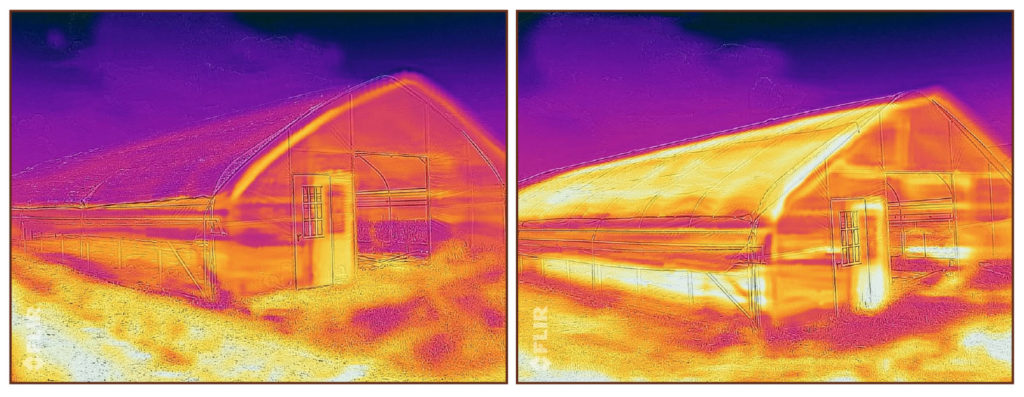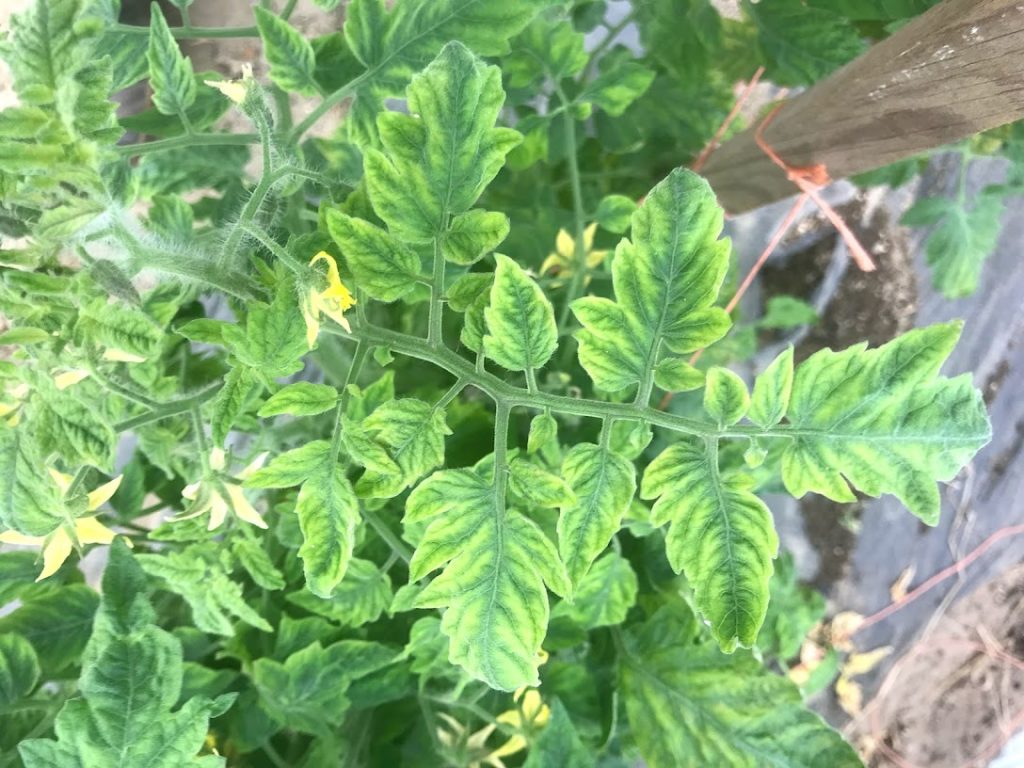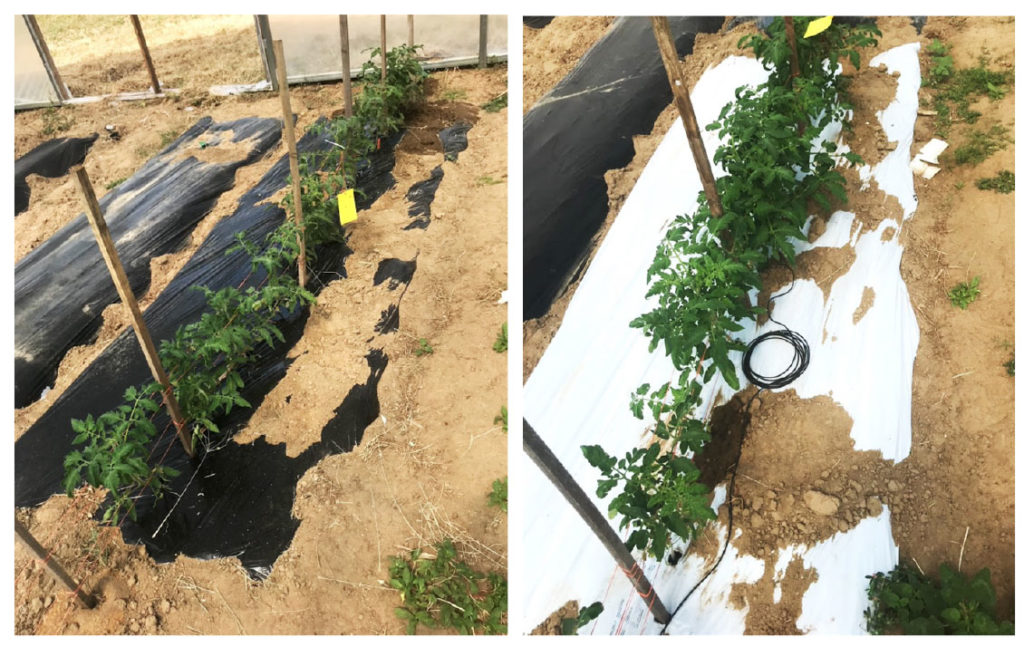
By Juan Carlos Diaz-Perez, Sudeep Bag and Tim Coolong
Protected agriculture technologies such as high tunnels (HT) are increasing in popularity in the United States, particularly with small and organic growers.
High tunnels, also known as hoop houses, typically have a pipe framework covered by a single-layer plastic film (4 or 6 mil thickness). In contrast to greenhouses, high tunnels typically have limited to no electricity, heating or active ventilation (fans) systems to control temperature. High tunnels were initially utilized in temperate regions to create a warmer environment for vegetable production. The warmer conditions inside the HT allow for the extension of the crop production seasons.
In many areas of the United States, such as the southeastern states, temperatures inside the high tunnels may increase to levels that make the production of vegetable crops a difficult task. Thus, reducing air and soil temperatures inside the high tunnels during certain times of the year is necessary to protect the crops. Some of the techniques to diminish temperatures inside the high tunnels include:
- Shade nets
- Films with the ability to reflect or diffuse the incoming solar radiation
- Applying a whitewash to the plastic film on top of the high tunnel
- Passive ventilation of the high tunnel

PLASTIC MULCH ND SHADE NET
Proper selection of the color of plastic film mulch may also help ameliorate heat stress conditions on the crop. University of Georgia researchers have conducted numerous studies on how plastic mulch affects root-zone temperature, plant growth and yield in tomato, bell pepper, watermelon, broccoli, etc. These studies show that root-zone temperature is affected by the color of plastic mulch. Black, blue and red plastic mulches retain more solar radiation and thus warm the soil more compared to white and silver reflective (metallic) plastic mulches.
In Tifton, Georgia, a study was conducted to determine the effects on plant growth and fruit yield of two tomato cultivars with the use of different combinations of shade net (on top of the high tunnel film) and plastic mulch. Organic tomato plugs (Red Snapper and STM-2255) were planted in a high tunnel in the summer of 2020. Plants were drip-irrigated and grown on raised beds covered with plastic film mulch. There were 12 treatment combinations [Three shade net treatments (black, silver and uncovered) times two plastic mulch treatments (black and white) times two cultivars]. Both tomato cultivars were commercially available and resistant to tomato yellow leaf curl virus (TYLC) Israel isolate.
STUDY CONCLUSIONS
Tomatoes in high tunnels with black or silver nets had improved plant growth due to the reduction of air and soil temperatures inside the high tunnel. Excessively high temperatures may produce drought stress (due to high transpiration), reduce photosynthesis and limit uptake of mineral nutrients.
High tunnels with shade nets (from August to March) had reduced fruit yields compared to the uncovered high tunnel. Diminished light levels under shade nets were probably associated with reduced photosynthesis of the tomato crop leading to a decreased fruit number. Shade nets were on the high tunnels during the entire season (from summer to spring). During late fall and winter, reduced light levels under the shade nets were probably insufficient to allow adequate fruit production. Further studies will look at the proper timing for removal of the shade net.
There was a 100% TYLC incidence due to the high presence of whiteflies. Despite the high disease incidence, plants produced marketable fruit, although fruit yields were low. The disease incidences were unaffected by shade nets and plastic mulch color.
Fruit number and yield were higher in plants on white mulch than on black mulch. Plants on white mulch had reduced root-zone temperatures.
Heat amelioration strategies such as the use of shade nets and white plastic mulch may be useful for organic tomato production in high tunnels.
Acknowledgment: This work was partially supported by the Organic Agriculture Research and Extension Initiative, National Institute of Food and Agriculture, U.S. Department of Agriculture grant titled, “Adapting and Expanding High Tunnel Organic Vegetable Production for the Southeast.”
Juan Carlos Diaz-Perez and Tim Coolong are professors, and Sudeep Bag is an assistant professor — all at the University of Georgia.










